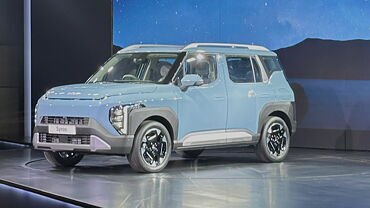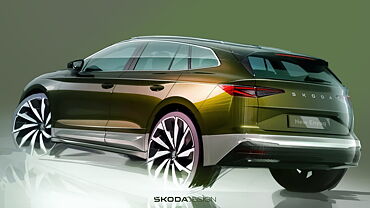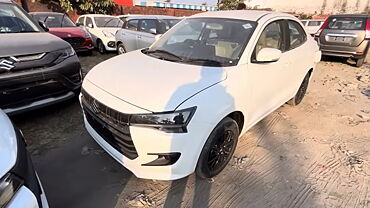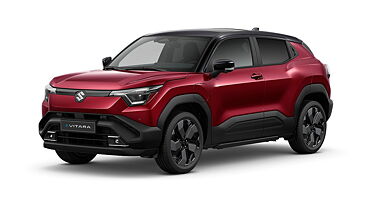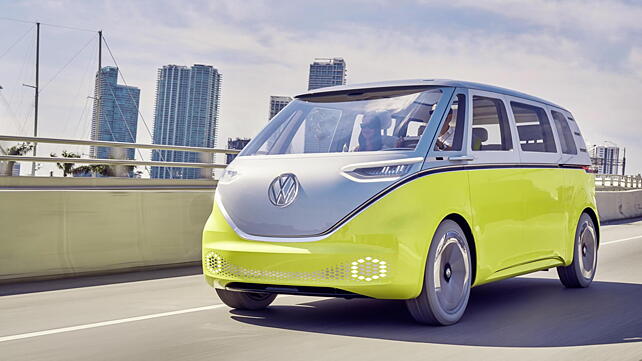
Volkswagen Group has announced a comprehensive decarbonization program for its cars in the global market. The Volkswagen Group is reportedly targeting at achieving full CO2-neutral balance by 2050. For this, the company will follow a few measures that will follow three principles – effective and sustainable CO2 reduction, switching to renewable energy sources for power supply and thirdly, compensate for remaining emissions that cannot be avoided. In this regard, Volkswagen is working on a detailed road map.
Instead of 50 planned vehicles, the group now plans to introduce almost 70 new electric models over a period of ten years. As a result, the projected number of vehicles to be built on the Group’s electric platforms in the next decade will increase from 15 million to 22 million. As part of its plans to electrify the vehicle portfolio, the company is likely to invest more than €30 billion by 2023. By 2030, the share of electric vehicles in the Group fleet is expected to rise by 40 per cent. The 2025 target is to reduce the CO2 footprint of the vehicle fleet by 30 per cent across the lifecycle as compared to 2015.
The Audi E-Tron and Porsche Taycan will be the first of the new-generation electric vehicles go into production this year. Bookings for these vehicles already stand at a total of 20,000 units. Other electric models that will be introduced in the mainstream range are ID. CROZZ2, the Seat el-born, the Skoda Vision E2, the ID. BUZZ2, and the ID. VIZZION. As part of these electric offensive plans, Volkswagen has collaborated with popular battery cell suppliers such as LG Chem, SKI, CATL and Samsung.
In an effort to boost e-mobility further, Volkswagen has collaborated with industry partners in IONITY to install 400 fast-charging stations across major roads in Europe and highways by 2020. Of these, a hundred will be located in Germany. That means there will be a station every 120 kilometers. Elli (Electric Life), Volkswagen’s new subsidiary, will additionally offer wallboxes for charging at home using green power; initially in Germany. In addition, there will be 3,500 charging points at employee car parks across all plants with further charging opportunities at dealerships.

